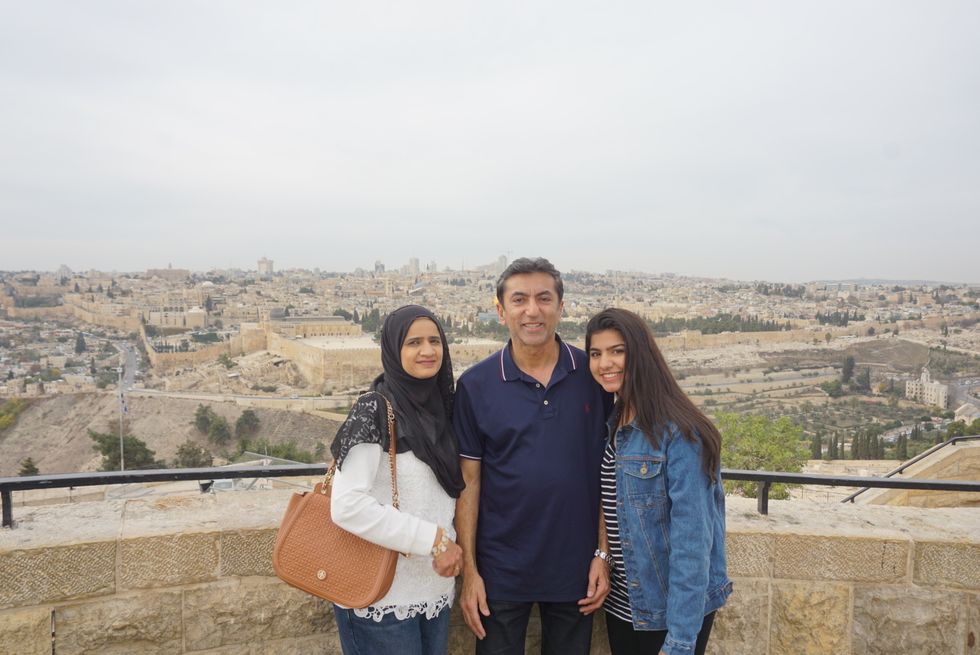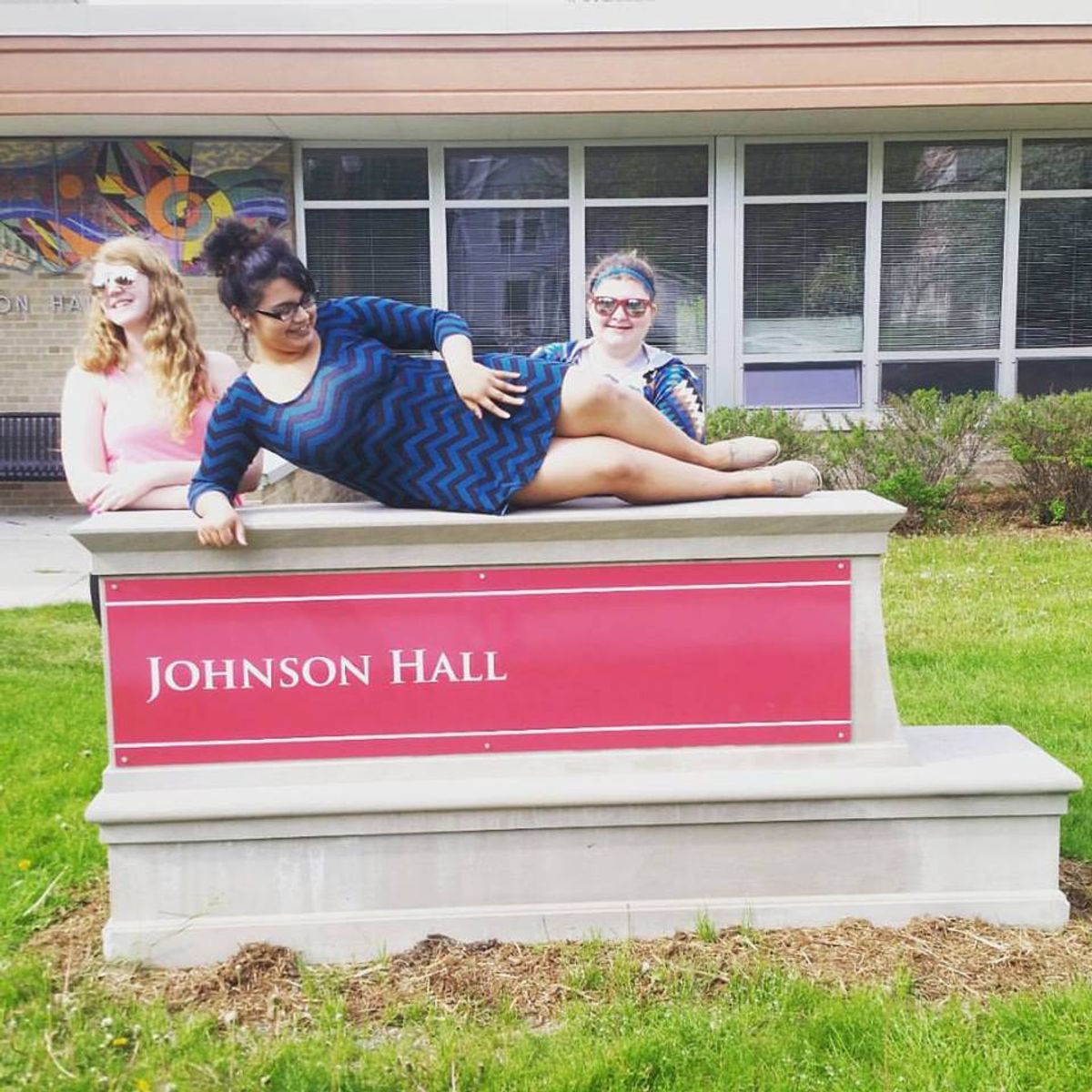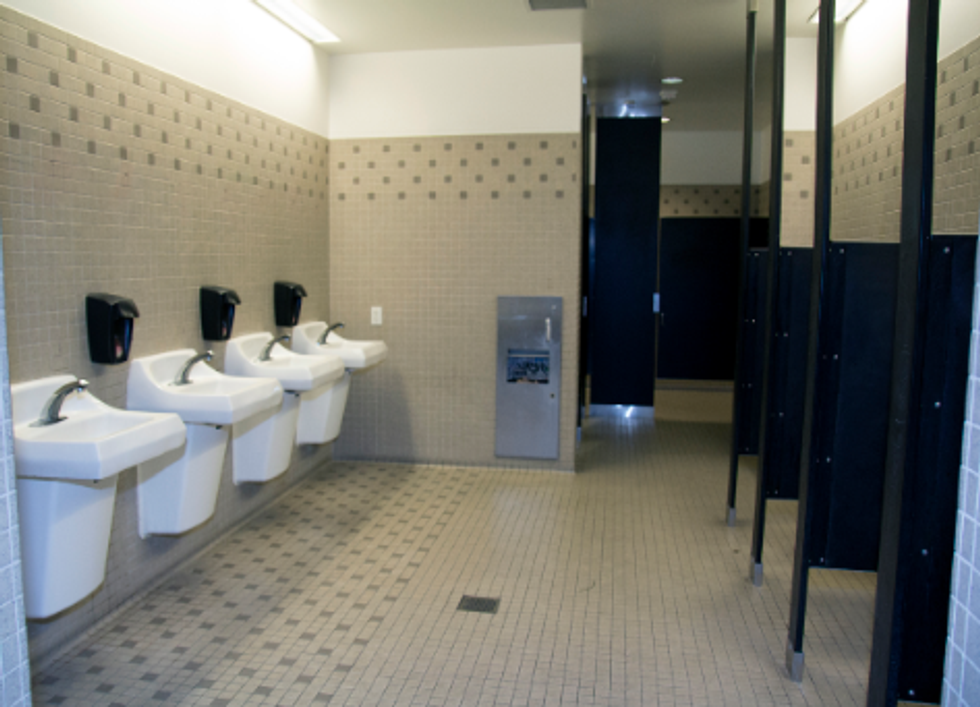On Dec. 21, my parents and I flew to Amman, a city in the beautiful country of Jordan, where we took a cab to the main part of Jerusalem. We were told by multiple family friends that it is not the safest to directly fly into Jerusalem because of the religious issues and riots going on. As we entered Jerusalem, I put my hijab on. A hijab is a head covering worn to cover a women's beauty in Islam. As I put my hijab on to pay respect to Mosque Aqsa, I noticed a change in perspective from everyone around me because suddenly, there were eyes from everywhere on me — Muslim and Jewish.
After we paid respect to Mosque Aqsa, we went to the hotel to sleep because we were exhausted from our 14 hour flight. The next morning, we woke up bright and early to begin our day by praying at Mosque Aqsa. I wore traditional American clothes, jeans and a top, because it was often worn in Jerusalem, though I kept a hijab on for prayer.
After praying, I was astonished by the gathering of all the Muslim people in the mosque area. This made me want to see the Wailing Wall and the place of the first church to view how others gather for their god. I knew the Wailing Wall was sacred because it was a prayer and pilgrimage place for Jewish people, while for Christians, Jesus was born inside the first church.
As we exited the mosque community, we found a kind man at the kiosk who gave us pomegranate and mangoes. My dad decided to ask this gentleman directions to the Wailing Wall. The man began screaming at me and my dad. He told us we are not allowed to even want to view the wall of the Jewish people. I responded and explained that we just want another perspective on other religions. The man yelled even louder. He told us that the Jewish people would convert us and that we should not leave the Mosque surroundings. With this, he furiously sat back down and did not give us any directions to the wall that was right behind this mosque. My dad and I were quite confused on what had just happened and the way our question for simple directions were handled.
We decided to walk along the sidewalk until we found someone to help us out. It was a 61-year-old man who seemed to be a Jewish person with his religious hat. He happily helped us out and gave us exact directions for the Wailing Wall, though he did say he was excited new people wanted to convert to his religion.
We followed his directions and successfully reached the Wailing Wall. There were gates at the Wailing Wall that had security checks that allowed people to enter as there were at the mosque. Although, the experience entering the wall and mosque was not the same. As a muslim woman wearing a hijab, I was able to walk through the mosque without anyone questioning me, I was easily able to walk in without questions asked.
At the wall, a security guard first made my family go through metal detectors, checked our passports and asked an immense amount of questions about why we wanted to go see the Wailing Wall if we were Muslim. Finally, after various obstacles and issues, we made it into the Wailing Wall.
As I experienced such obstacles, I thought about how different the community in Jerusalem was from the United States. It doesn't matter what group, each religion in Jerusalem was highly conservative. This is quite different from the United States.
The culture in the United States is significantly diverse, which allows the people here to be open minded. As an everyday routine, Americans interact with people of various religions and cultures that they don't question or change their perspective toward a certain race. Yes, there are always racist citizens who are not comfortable with other religions, but a majority of the United States depicts unity because of how culturally different every person is.
This is not how Jerusalem is seen. Religions are significantly segregated with one another through security check, restaurants, hotels and even streets. Every religion has their streets in Jerusalem and going to the one you are not a part of can result in awkward stares along with rude treatment.
As I had previously booked a hotel before arriving to Jerusalem, we were not aware that the street we booked was on the street of the Jewish people. This wasn't a major issue, but glares and different treatment were conveyed. As my parents and I would eat breakfast in the lounge, we would often get glares for the hijab or clothing we were wearing because it was different from everyone else around us. This was quite disturbing because every day we would go inside the hotel or leave and get glares that clearly depicted that we weren't wanted in this hotel. The hotel workers were indefinitely kind and caring at all times, though the people living there were not.
The experience I had was definitely an eye-opening lesson. It depicted the perspective of others in America versus Jerusalem. The people in Jerusalem are not open-minded, which detaches the various religious groups in the nation. It prevents various religions to connect or be able to create united communities to be able to act as one.
As for the United States, there are different religions and cultures blended together with majority of the people who are open-minded. This allows the union of communities, while also allowing people to connect without the similarity of religion. I'm glad that I was able to have a once in a lifetime experience with my family. Although the segregation in the country was a little uncomfortable, I am glad that I was able to understand how lucky I am to live in an open, happy and united country and that I am also able to learn about the significance of open-mindedness in uniting people and communities.











 Photo by
Photo by 








